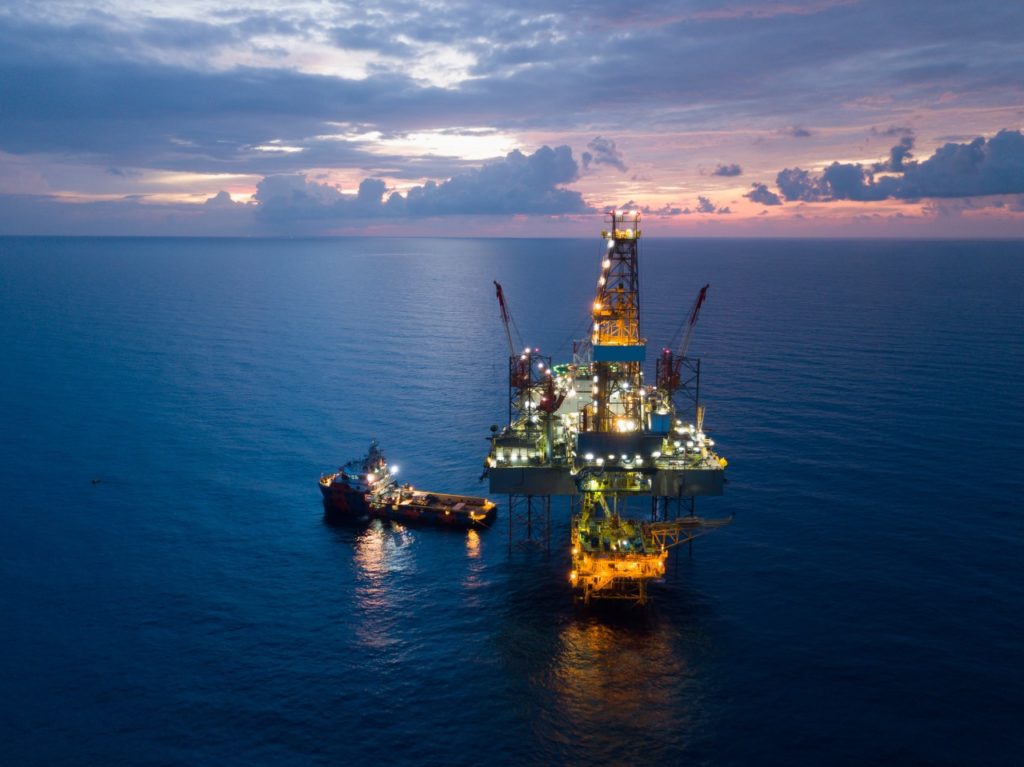Wednesday, September 29th, 2021 – In 1859 the first oil well was drilled in the US state of Pennsylvania. Since then, this non-renewable resource has been the pivot of major crises between countries and also the key to the development of several nations around the globe.
The word petroleum is derived from the Latin Petra (stone) and Oleum (oil), which means “stone oil.” This nomenclature served to distinguish this oil that bubbled in the springs of Pennsylvania, in the Center Northeast of the United States, from vegetable oils. In history, this was the first place where this feature was found, by Edwin Drake, a retired machinist in the region.
Oil can be used in the manufacture of various products, such as plastic and some types of industrial solvents and lubricants. In addition, of course, to fuels, since gasoline and diesel oil are derived from petroleum, which can drive a country towards development.
Oil is, according to OPEC (Organization of Petroleum Exporting Countries), the most used fossil fuel in the world. In 2018 alone, around 98.82 million barrels per day were consumed across the planet.
Among the countries with the largest oil deposits are Saudi Arabia, Venezuela, Canada and Iran. The nations that most consume this resource are the United States, China, Japan and India.
Conflicts
Because it is a finite resource, that is, it can run out over time, oil was at the center of discussions and conflicts around the world. In the Middle East, for example, in 1991, the Gulf War was caused by the invasion of Iraq in Kuwait with the objective of taking over the deposits of that country. This region of Asia has about 75% of the world’s oil, distributed mainly between the two nations mentioned above and Saudi Arabia, Iran, the United Arab Emirates and Libya.
Oil in Brazil
Brazil does not enter the ranking of countries with the largest oil reserves, however it was a pioneer in the extraction of the so-called pre-salt, which is oil located below the salt layer, in the sea, at depths below 6 thousand meters. The country, in addition to being at the forefront of this technique, is one of the most advanced in this type of exploration.
However, even knowing that oil is a finite resource, Brazil’s dependence on this energy matrix is still high. According to data from the Ministry of Mines and Energy released in 2017, oil accounts for 49.4% of the energy sources used in the country.

